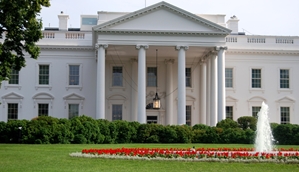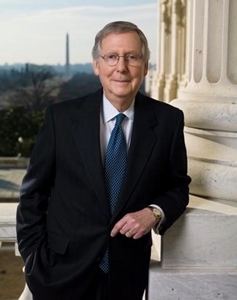
As most employers are likely aware by now, the Treasury Department recently announced that the employer mandate – the portion of the Patient Protection and Affordable Care Act that requires large business owners to make employee benefits available to their workers – has been put on hold until January 2015. However, they may not be aware of the questions and reactions that have arisen since.
For instance, as noted by the Washington Examiner, large business owners who did not offer coverage by the January 2014 are free – for the time being – from being fined between $2,000 and $3,000 for each worker that isn't covered. Now that the penalty is on hold, it may cause some business owners to reconsider their coverage plans.
Something else to glean from the delay, the Washington Examiner points out, is the extended time period in which the mandate is being held up. Ultimately, if lawmakers and lobbyists within Washington can drum up enough support, they may be able to prevent the law from ever going into effect, accomplished by lawmakers' repealing the ACA by a super majority vote.
Congress has made several attempts already to strike the law down. In the Senate alone, since the ACA was signed into law on 2010, there have been 37 different attempts to scuttle the legislation either by repealing it entirely or taking out certain components.
Though opponents of the legislation say that this is at the very least a short-term gain for business owners, there are those who are cynical of it based on when the delay was announced and the time of year in which it will go into effect.
"It's understandable that when you announce a change in the law just before the Fourth of July holiday, it raises questions," said Drew Altman, president of the nonpartisan group the Kaiser Family Foundation, according to The Associated Press. "Critics will jump on it and use it as more ammunition against the law."
Additionally, cynics say that the move may have been political in nature, going into effect after the November 2014 midterm elections.





